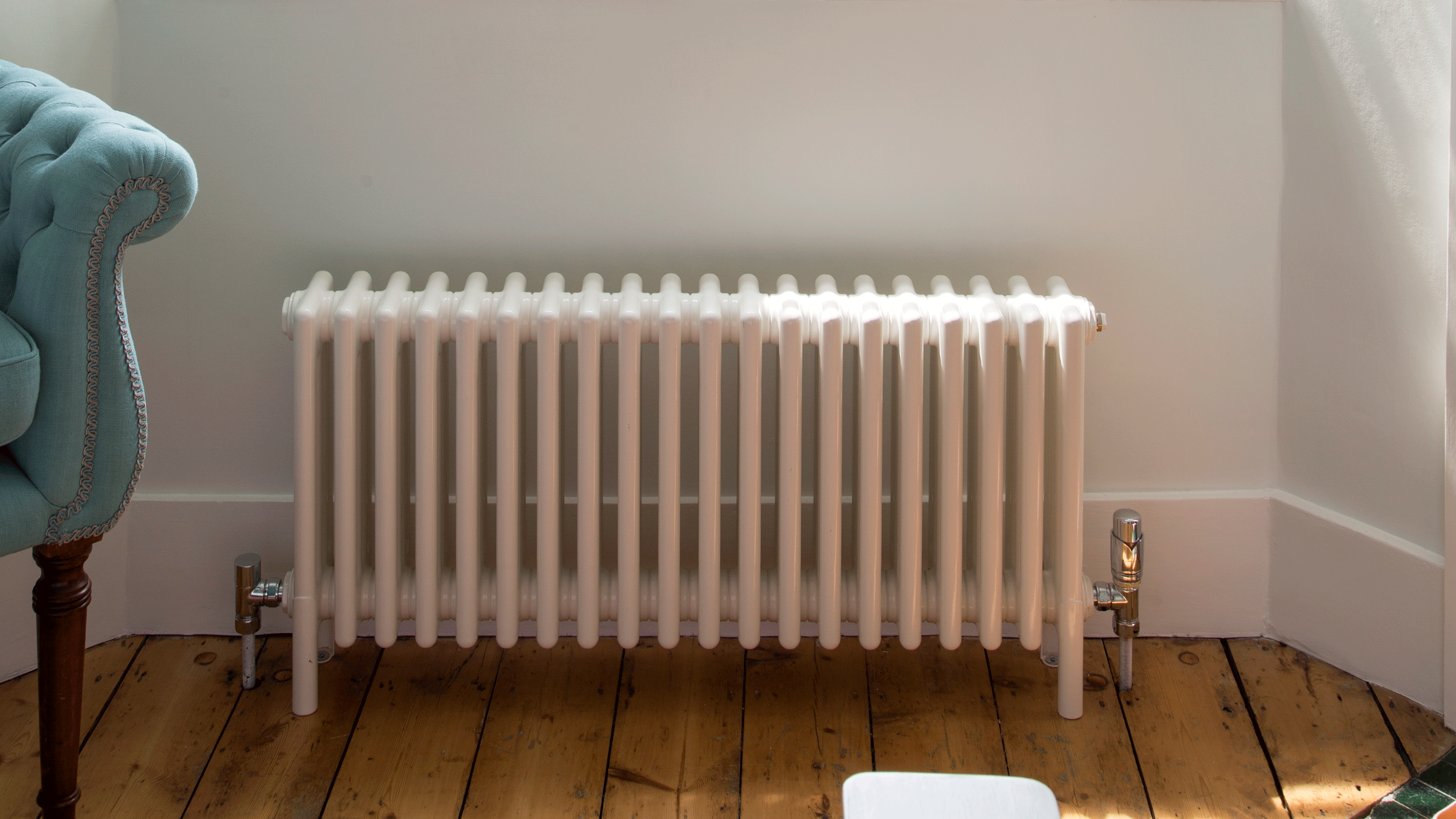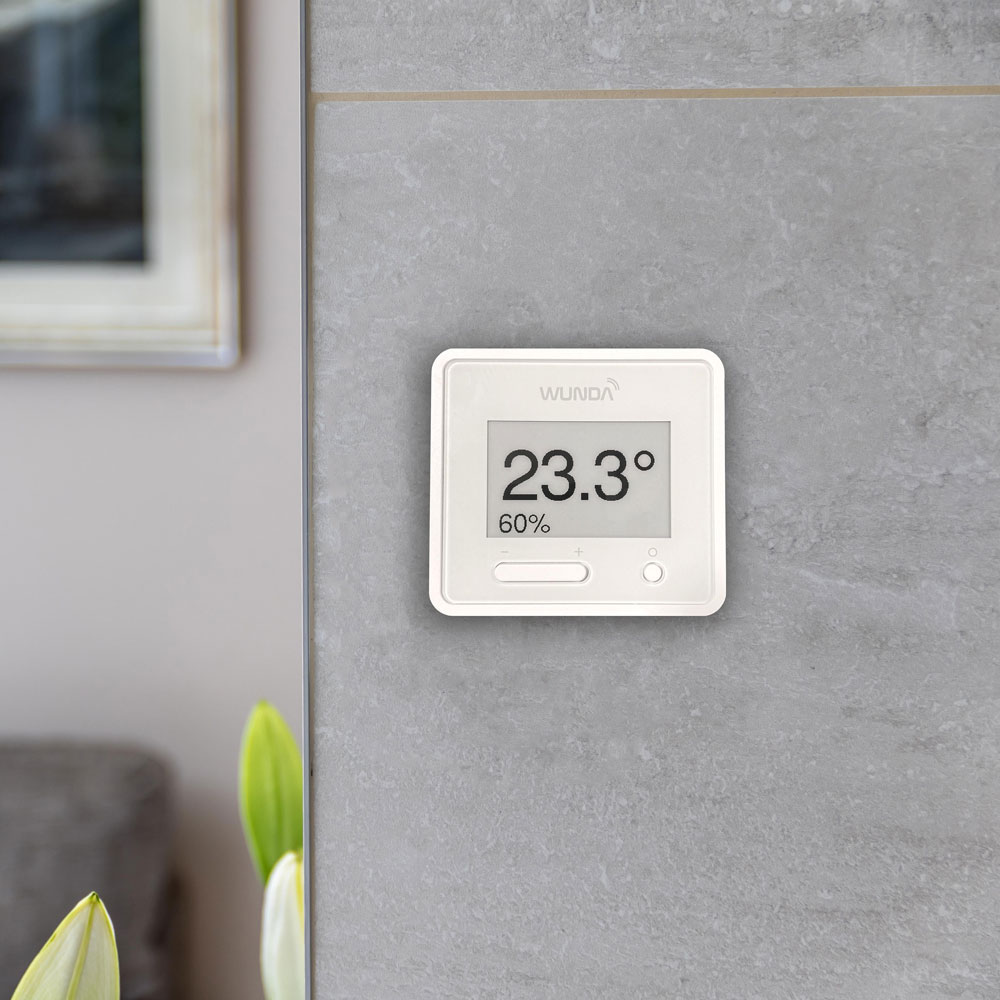This bad habit could be costing you an extra £150 a year on your energy bills
Are you guilty of this heating mistake that's adding to your energy bills?


With household costs soaring, and Christmas right around the corner, cutting costs on our energy bills has never felt more vital.
While it's important to be safe and comfortable, one of the easiest ways to save money is to take stock of some common habits around the home that could be using up unnecessary energy. This might include stopping draughts, knowing how to insulate our homes properly, and ensuring our central heating is working as it should.
But according to a recent study by ElectricalDirect, there is another energy saving tip that many of haven't considered. They found that there is one habit many households are guilty of – and it be costing us over an extra £150 on our energy bills annually.
Mistake adding £150 to your energy bills
Their findings show that almost half of the 1,000 Brits they surveyed (46%), don't schedule their heating – instead turning it on and off manually as and when needed.
The experts over at Electrical Direct explain that this routine means that your heating could be on when it's not needed, such as during the night, or when every member of the household is out.
And not keeping a closer eye on heating usage in this simple way could be costing households around £156 extra on their bills each year, they say.
In order to avoid this, they suggest scheduling your heating on a thermostat or a home energy hub to come on when it is most needed – say, when everyone arrives home from work/school at 4-6pm.
Get the Ideal Home Newsletter
Sign up to our newsletter for style and decor inspiration, house makeovers, project advice and more.

It may also be wise to turn it on in the early mornings, when everyone is getting ready for the day ahead.
Equally, scheduling it to turn off before everyone leaves the house is also a wise move, to ensure no heating is being used when the house is empty.
Dominick Sandford, Managing Director at ElectricalDirect explains that this habit is, perhaps unsurprisingly, mostly seen by people with higher salaries – likely because they don't need to think quite as carefully about their energy bills.
He said, 'Interestingly, people who earn more money are far more wasteful in the home. Those who have salaries of over £60,000 are four times more likely than average Brits (£33,000) to do certain energy-wasting behaviours, such as running the dishwasher when it’s not full, and using inefficient bulbs.'

Of course, there are only so many ways to cut the cost of energy bills on your own if you are struggling to pay – and it's important to remember that if you are uncomfortable, help is available. In the UK, grants and benefits are available to those looking for government assistance.
A collection of charities have also set up a network of 'warm banks' this winter – which is essentially a network of local community spaces where people can go to stay warm if they cannot pay their heating bills. You can find more information on this here.
But in the meantime, doing what we can to be sensible about energy consumption – without compromising our quality of living – and ensuring we aren't utilising heating when it isn't needed is one of the best options for combatting the current energy cost crisis.

Amy Hunt is an experienced digital journalist and editor, now working in a freelance capacity specialising in homes and interiors, wellness, travel and careers. She was previously Lifestyle Editor at woman&home, overseeing the homes, books and features sections of the website. Having worked in the industry for over eight years, she has contributed to a range of publications including Ideal Home, Livingetc, T3,Goodto, Woman, Woman’s Own, and Red magazine.
-
 Wood drenching is the calming new twist on the colour drenching trend – here’s how to make the look work in your home
Wood drenching is the calming new twist on the colour drenching trend – here’s how to make the look work in your homeIt’s easier than ever to embrace natural materials
By Maddie Balcombe
-
 Aldi is launching a £200 day bed with four different features - its sleek design is suited to the whole family
Aldi is launching a £200 day bed with four different features - its sleek design is suited to the whole familyYou don't want to miss out on this Specialbuy
By Kezia Reynolds
-
 How to set up a drip watering system that saves water and a lot of effort
How to set up a drip watering system that saves water and a lot of effortKeep your plants hydrated (and your water bill down) with this clever garden watering solution
By Natalie Osborn